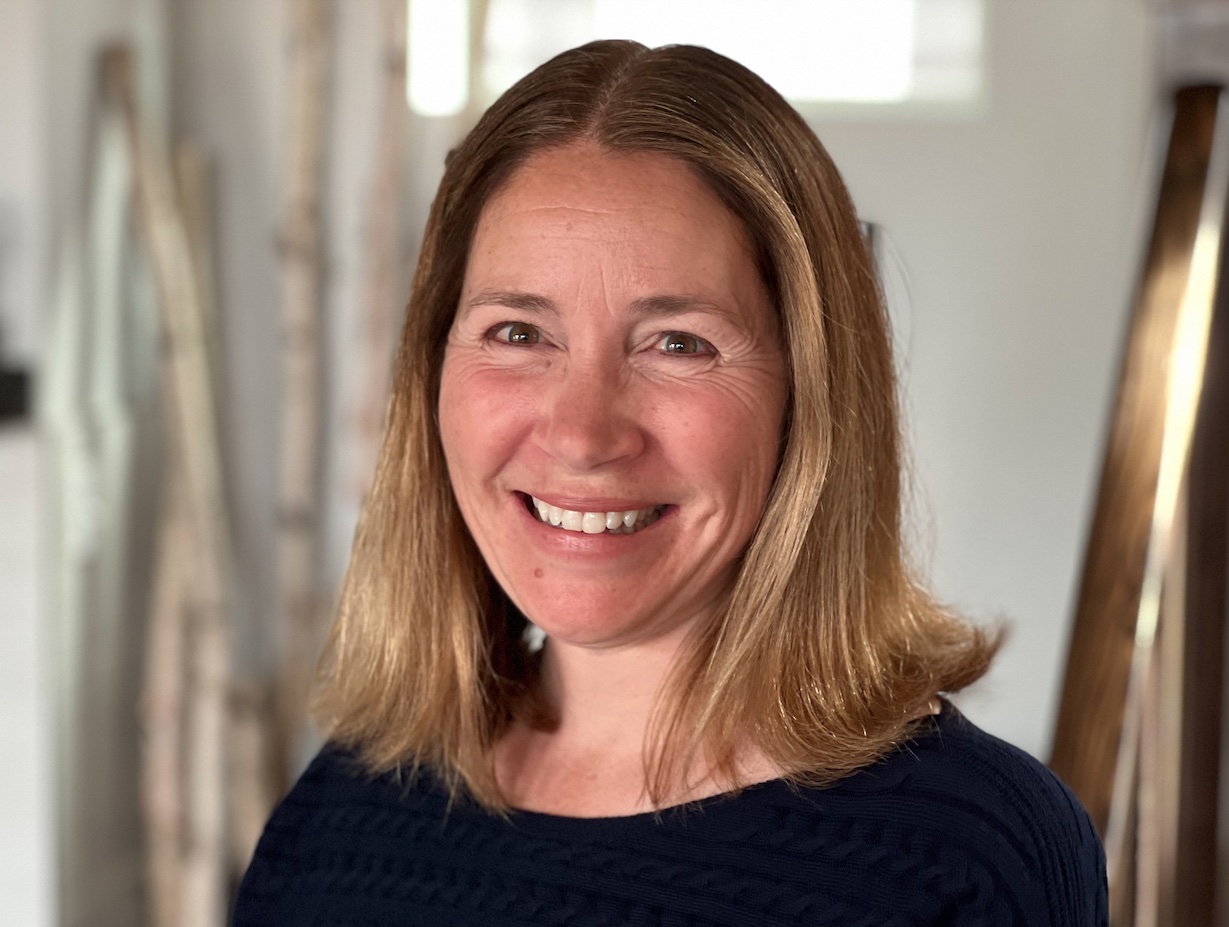Treating Early Type 2 Diabetes by Reducing Postprandial Glucose Excursions: A Paradigm Shift in Lifestyle Modification
Why this Research Matters
The study is looking for 200 adults diagnosed with T2D within the last 12 months. CU will enroll 100 of those participants. Participants will be assigned to one of two groups. The first group will receive individualized routine care. The second group will receive individualized routine care paired with the glucose excursion minimization guide and program. All participants will receive standard glycemic treatment management from their primary care doctor.
What to Expect
Tests include clinical (hemoglobin A1c, lipids, blood pressure, weight, risk of cardiovascular disease, medication evaluation), behavioral (physical activity, carbohydrate intake) and psychosocial (depression, empowerment, diabetes distress) outcomes. Throughout the 13.5 month study period, each participant’s diabetes-related symptoms will be tracked. Participants will receive some blood work at the beginning, and at both 4.5 months and 13.5 months later.
Study Duration
The study is 13.5 months. There are three in-person visits for this study.
Who can Participate
You may be eligible for the study if you are between the ages of 30-80, have type 2 diabetes for 24 months or less, and have a hemoglobin A1c between 6.5-11%. You may not be not eligible for the study if you meet any of the following criteria: 1) Medications that impede weight loss (e.g. prednisone) within the last 3 months, 2) Conditions that preclude increasing physical activity (e.g. severe neuropathy cardiovascular disease, COPD/emphysema, severe osteoarthritis, stroke, or severe mental disease like manic depressive illness, severe depression, active substance abuse), 3) Conditions that prevent doing the self-directed GEM program, such as inability to read English as GEM is only available in English, mental health conditions that prevent engagement in treatment, such as active substance abuse, severe depression, 4) Currently undergoing treatment for cancer, or 5) Currently pregnant or anticipating pregnancy in the next 14 months.
Study ID
Protocol Number: 23-1398
Compensation Information
Meet the Team

Principal Investigator